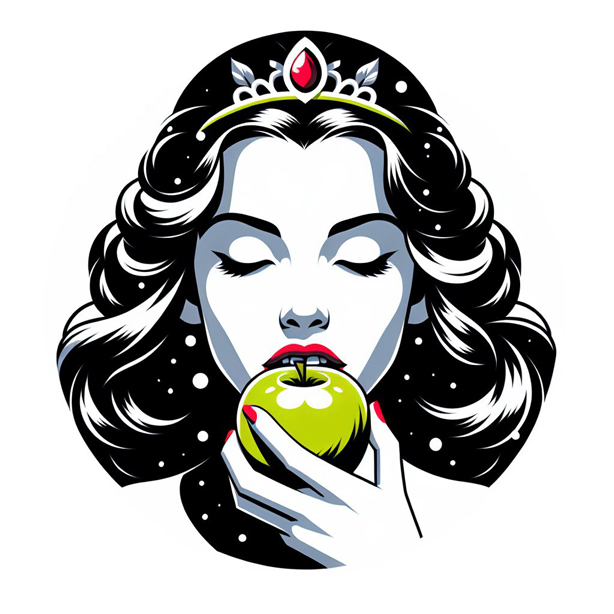AI, the Enigma code, and Steve Jobs' apple –
how are they related?
The artificial intelligence that changes our lives is seen as innovative, however it took its first steps during the last century.
Its invention is attributed to the British mathematician Alan Turing (1912-1954), the founder of computer science.
Turing, born in London in 1912, was considered a genius from a young age and excelled in science and mathematics. At the age of 23, upon completing his studies at Cambridge, he received the status of a research fellow. He wrote a revolutionary article in which he presented the idea that every number is actually a machine that can perform various operations on other numbers. The modern computer was developed based on this concept.
During his doctorate studies at Princeton University, he promoted the theoretical development of the computer. At the age of only 26, he became a world-renowned mathematician. Unfortunately, the war began in Europe, and he decided to return home. Turing was recruited for the war efforts and was mainly engaged in the attempts to crack the “Enigma”, the encryption machine used by the German army during World War II. The Germans used to change the calibration of the encryption machines daily and the developments of Turing and his friends allowed the British to crack the daily code and read the encrypted messages.
In 1948 he joined the University of Manchester where he explored a new field: artificial intelligence. He developed the “Turing Test” according to which if a person cannot (based on answers to questions) determine whether the respondent is a person or a machine – then the computer has successfully passed the test.
In his private life, he did not hide his homosexuality, even though in the UK of the 1950s this was considered a crime. He was required to undergo hormonal treatment and chemical castration that caused him great suffering. In June 1954, after two difficult years, he was found dead in his apartment. A bitten apple was found near his bed, hence the popular belief that he ended his life biting an apple injected with cyanide.
Many years after Turing’s death, a young genius named Steve Jobs chose a bitten apple as the trademark of his company, “Apple”. Some say that he did it in honor and in memory of the genius who was ahead of his time, Alan Turing.
In the Technion libraries you can find a selection of books about Alan Turing and his work, including:
- Alan Turing: The Enigma (Book by Andrew Hodges) (in Hebrew)
- The man who knew too much (Book by David Leavitt) (in Hebrew)
- Alan Turing‘ s electronic brain the struggle to build the ACE, the world’s fastest computer
- Alan Turing: life and legacy of a great thinker
Sources of information (in Hebrew):
- Alan Turing and the movie The Imitation Game, Roim Olam, Kan 11 Israeli Channel 1
- Itay Nevo, The Cipher Decoder Who Invented the Computer, Davidson Institute, 2017

Illustration created by AI - Bing Image creator
We would love to hear from you
The Technion libraries are here to assist you with research, teaching and studying.
We are happy to help with any question or request. Please send us your comments and suggestions for the newsletter in the form.
Any feedback is welcomed and will help us create more relevant and up-to-date content for you.
2024 \ Issue #10 \ Writing, editing and graphic design: Reference & Instruction team (Lior Porat, Ella Bogillo, Karen Dabran & Inbar Dekel-Levinzon)

